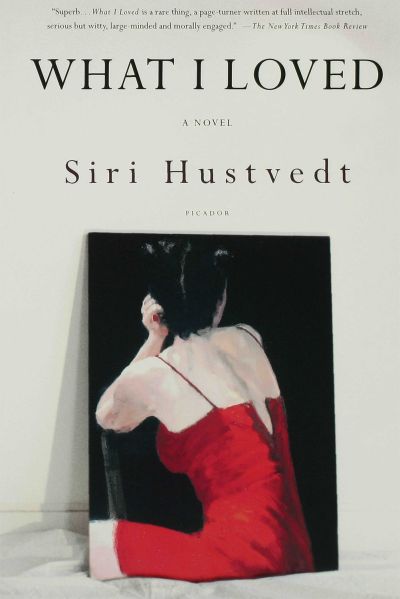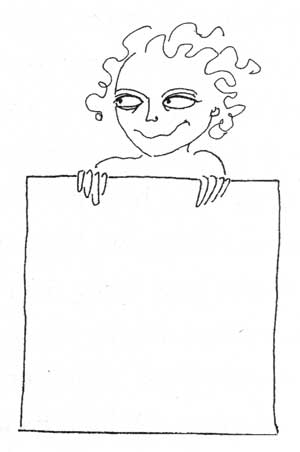
What I Loved
What I Loved begins in New York in 1975, when art historian Leo Hertzberg discovers an extraordinary painting by an unknown artist in a SoHo gallery. He buys the work; tracks down the artist, Bill Wechsler; and the two men embark on a life-long friendship. Leo’s story, which spans twenty-five years, follows the growing involvement between his family and Bill’s–an intricate constellation of attachments that includes the two men, their wives, Erica and Violet, and their sons, Matthew and Mark.
The families live in the same New York apartment building, rent a house together in the summers and keep up a lively exchange of ideas about life and art, but the bonds between them are tested, first by sudden tragedy, and then by a monstrous duplicity that slowly comes to the surface. A beautifully written novel that combines the intimacy of a family saga with the suspense of a thriller, What I Loved is a deeply moving story about art, love, loss, and betrayal.
“Superb. . .What I Loved is a rare thing, a page turner written at full intellectual stretch, serious but witty, large-minded and morally engaged.”—The New York Times Book Review
“So richly imagined is the art in her book that it serves not just to illuminate hidden emotions but also as a subject in itself. . .A wrenching portrait of parental grief, then a psychological thriller, and finally a meditation on the perspective of memory.”—Vogue
“A great book. The twinning of narrative pleasure with intellectual rigor isn’t rare. In fact, it’s easy to find if you’re plowing through, say, the Modern Library, engaging with classics that come to you already canonized and annointed. But to stumble into such a relationship with a contemporary. . .writer is a heady feeling. Those of us who read new fiction dream of finding such a book.”—Newsday
“No image is wasted, no sentence superfluous in creating a novel that teems with ideas, emotions…. Hustvedt’s novel is a quietly astounding work of fiction that defies categorization.”—Los Angeles Times
“A remarkable achievement of Siri Hustvedt’s prose, with its attention to nuance and intricacy is its demonstration that friendship is a powerful form of intelligence. The book’s final pages acknowledge nearly overwhelming loss, but because the reader understands so much, their sadness feels almost like joy.”—The Washington Post
